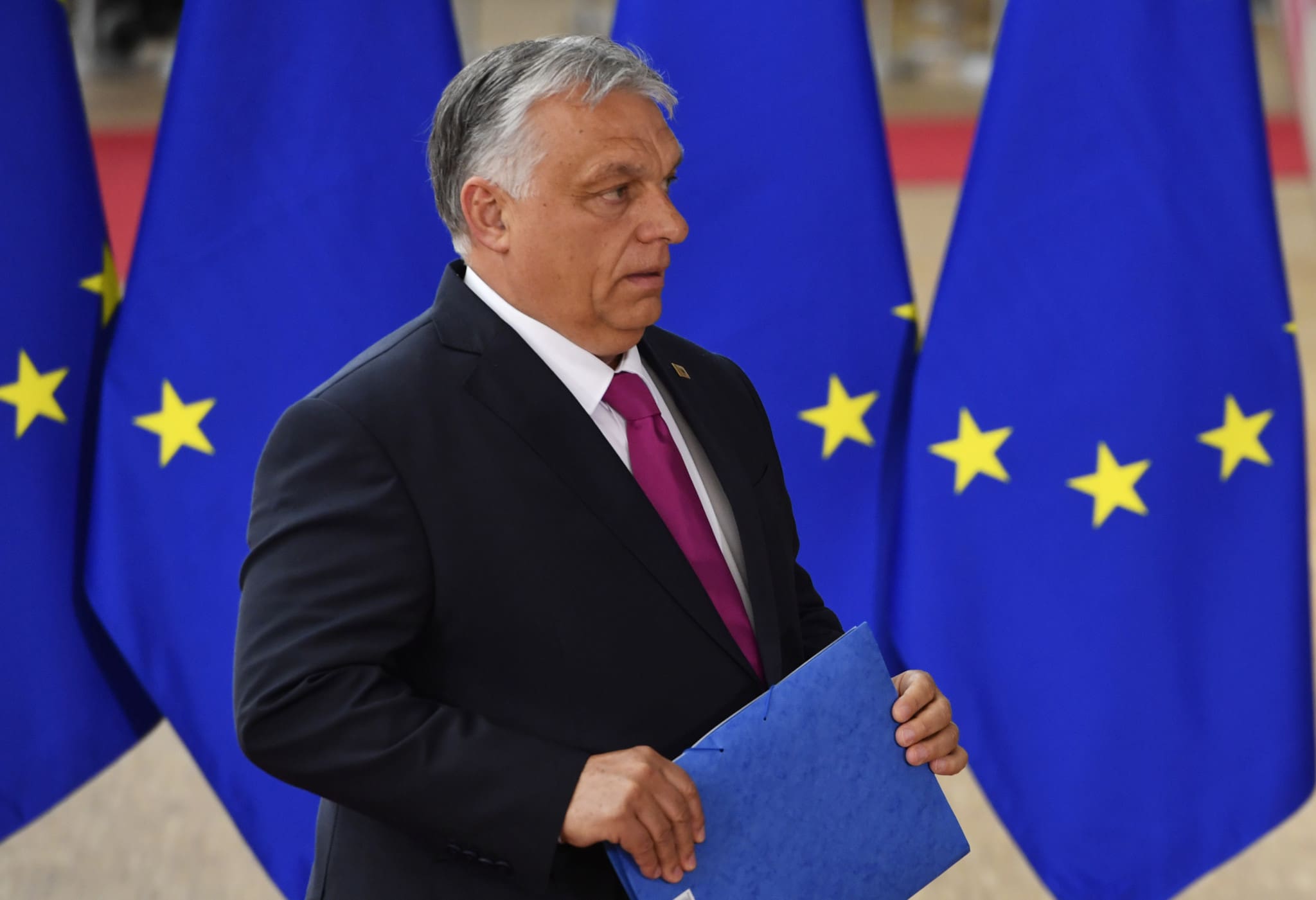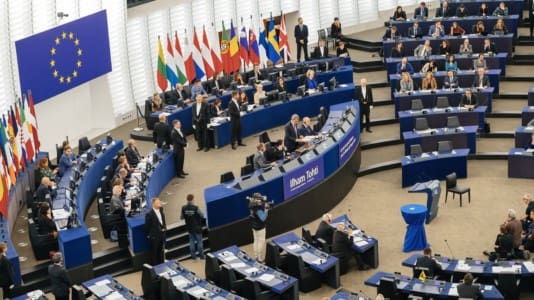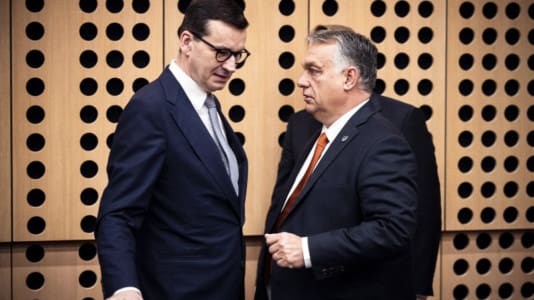Several European countries have followed the lead of Viktor Orbán’s Hungarian government with the introduction of price freezes on fuel and food to help combat the cost of living crisis slamming the continent.
Hungary first introduced a price cap on gas and diesel of 480 forints per liter (€1.20 at the current exchange rate) from Nov. 15, 2021, for an initial three-month period.
The food cap policy was first introduced by the Hungarian government on Jan. 12, which saw the prices for six basic food groups — sugar, wheat flour, sunflower oil, pork leg, chicken breast and milk — frozen at their Oct. 15, 2021 level to help citizens cope with rising inflation.
[pp id=39737]
“Hungary is protecting families, we managed to rein in the gas price increase, we have introduced an interest rate freeze for mortgages, and we also have a utility price reduction policy, meaning that Hungarian families buy energy at a fixed rate and this protects them,” Orbán said at the time, with neighboring Romania expressing its intention to possibly follow suit.
Earlier this week, the policies were extended until Oct. 1, while a subsequent interest rate freeze was extended until the end of the year.
In a Facebook post published on Thursday, the Budapest-based Center for Fundamental Rights research institute discussed the ongoing policy. “The cabinet’s position is clear: the armed conflict must be ended, but until then, Hungarians must be protected from the war’s economic crisis,” it stated.
The model introduced by the Hungarian government to stave off the threat of inflation has since been adopted by several other European countries.
“In Croatia, there is a price stop for fuels, in Slovakia for electricity, and Spain and Portugal have introduced official prices for natural gas used to generate electricity,” the research institute revealed.
“The goal remains that they would not make Hungarian families and people pay the price of the war,” the Center for Fundamental Rights added.





